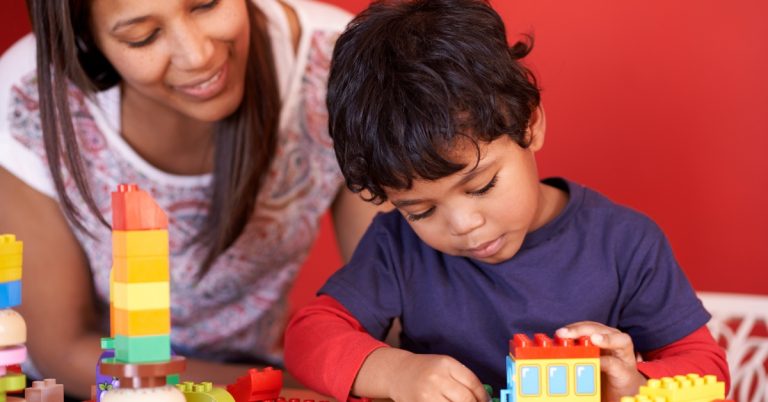In today’s fast-paced and often competitive world, the importance of instilling confidence in children cannot be overstated. Confidence serves as a cornerstone for resilience, interpersonal skills, and success in various endeavors – academic, social, and personal. As parents and caregivers, the role of cultivating self-assurance in children is pivotal. Here are some essential strategies for fostering a sense of confidence and self-worth in the next generation.
1. Encourage Independence
One of the most important ways to cultivate confidence in children is to encourage independence. Allowing children to make age – appropriate decisions helps them develop critical thinking skills and a sense of ownership over their choices. Whether it’s choosing their outfit for the day, deciding on a weekend activity, or managing their homework schedule, fostering independence can make children feel more capable and confident in their abilities.
2. Set Realistic Goals
Setting achievable goals is crucial in helping children understand the value of perseverance and accomplishments. Work with your child to set specific, measurable, attainable, relevant, and time-bound (SMART) goals. Celebrate their achievements, no matter how small, to reinforce the idea that effort leads to success. This practice helps children develop a growth mindset, understanding that abilities can be developed through dedication and hard work.
3. Emphasize Effort Over Outcomes
In a world that often emphasizes results, it’s important to shift the focus back to the effort that goes into achieving goals. Praise children for their hard work, persistence, and determination rather than only for the final outcome. This approach teaches them that success is a journey fueled by effort and dedication, rather than a solitary destination. It ensures that they are likely to keep trying, even in the face of setbacks.
4. Foster a Safe Environment
Creating a supportive and nurturing environment at home is essential for cultivating confidence. Children need to feel safe to express themselves, voice their opinions, and make mistakes without fear of judgment. Encouraging open communication, active listening, and validation of their feelings fosters an atmosphere where children feel heard and respected, ultimately boosting their self-assurance.
5. Model Positive Self-Talk
Children often mirror the behavior and attitudes of the adults around them. By modeling positive self-talk and self-affirmation, parents and caregivers can teach children how to cultivate an encouraging internal dialogue. Use language that emphasizes strengths and capabilities, and openly discuss overcoming challenges. This practice can help children internalize a positive mindset and build a resilient self-image.
6. Encourage Social Connections
Social skills play a significant role in the development of self-confidence. Encourage your child to engage in group activities, participate in team sports, or join clubs that align with their interests. These experiences help children develop social skills and build friendships, which are vital for nurturing their confidence. Additionally, navigating social dynamics teaches them how to handle challenges in relationships and enhances their sense of belonging.
7. Limit Comparisons
In an age dominated by social media and constant connectivity, it’s easy for children to compare themselves to others. Teach your child to appreciate their unique strengths and talents rather than benchmarking themselves against peers. Highlight that everyone has their own journey and set of challenges. Encourage the idea that self-worth comes from within and is not dependent on external validation.
8. Provide Constructive Feedback
When offering feedback, ensure it is constructive and focused on growth. Instead of simply pointing out what went wrong, discuss what can be learned from the experience. This positive approach helps children view challenges as opportunities for improvement rather than failures, allowing them to develop resilience and a belief in their capacity to overcome obstacles.
9. Celebrate Diversity and Individuality
Embrace and celebrate the unique qualities of your child. Encourage them to explore their interests, passions, and talents, and reinforce the message that it’s perfectly okay to be different. By fostering a strong sense of identity and encouraging individuality, you help your child build confidence in who they are.
Conclusion
Cultivating confidence in children is a multifaceted endeavor that requires intention, patience, and practice. By implementing these strategies, parents and caregivers can provide children with the tools they need to develop a healthy sense of self-worth and resilience. Confidence empowers children to tackle new challenges, navigate their social environments, and ultimately thrive as they grow into self-assured adults. By investing in their confidence today, we cultivate the leaders and innovators of tomorrow



